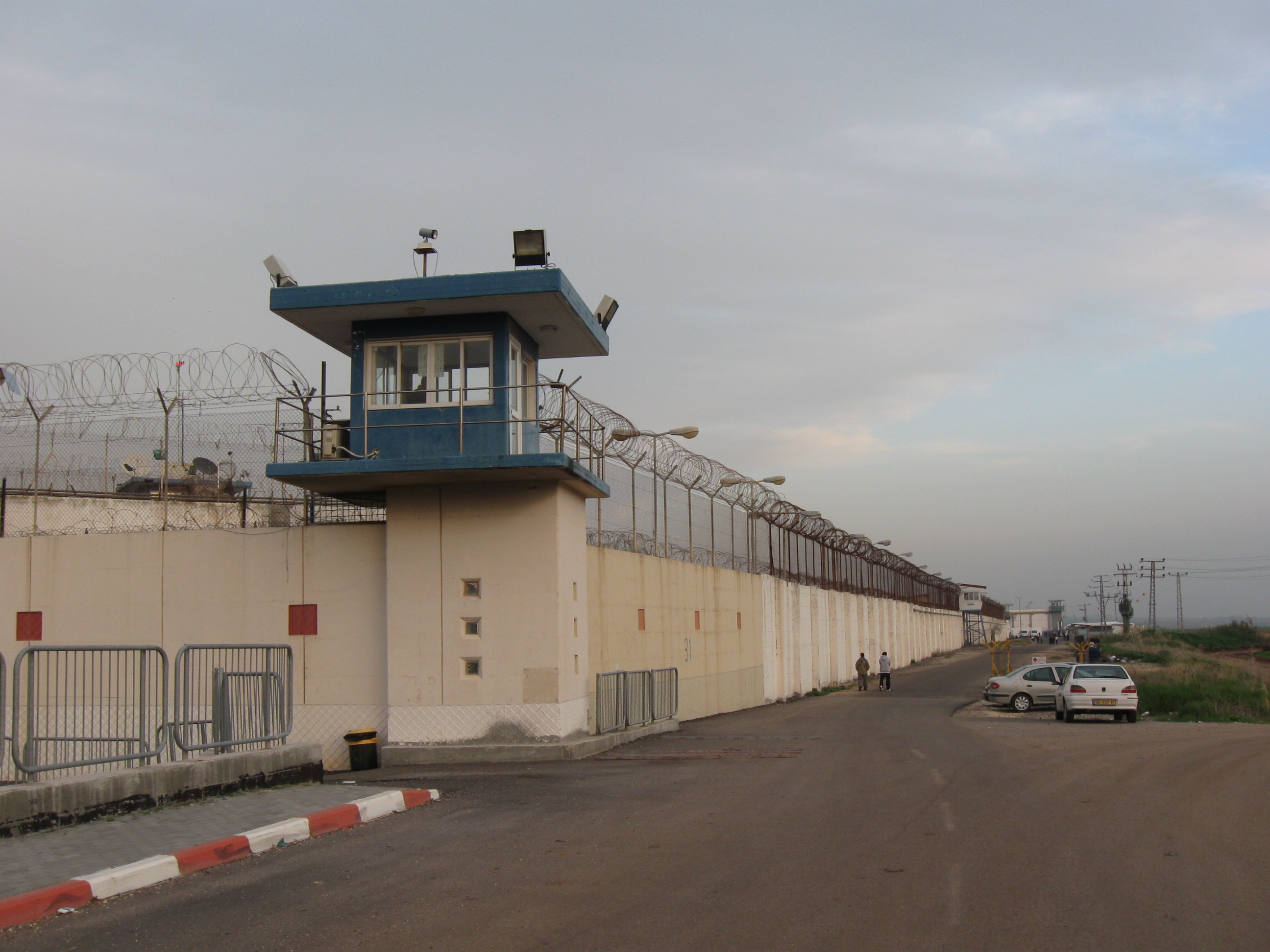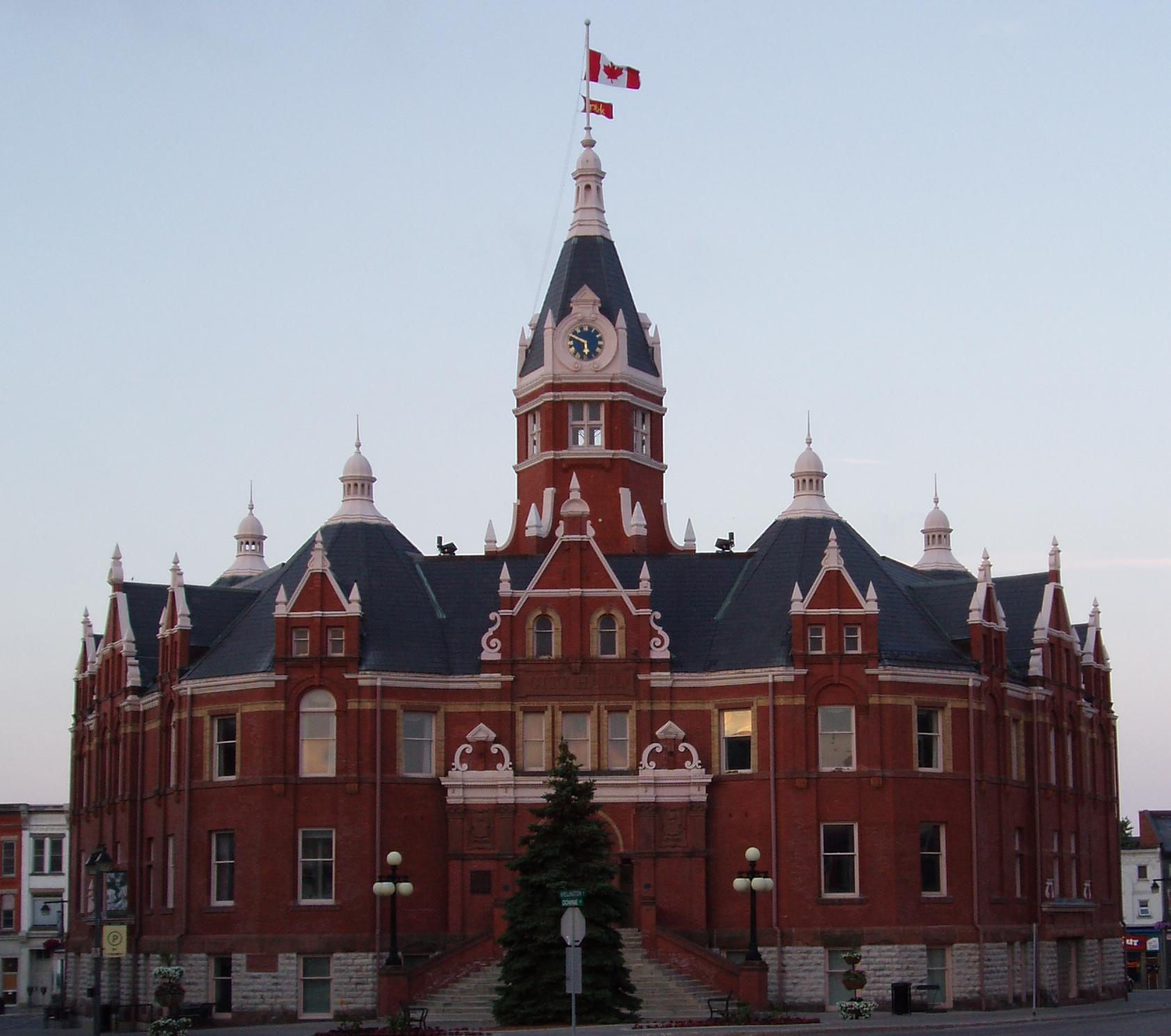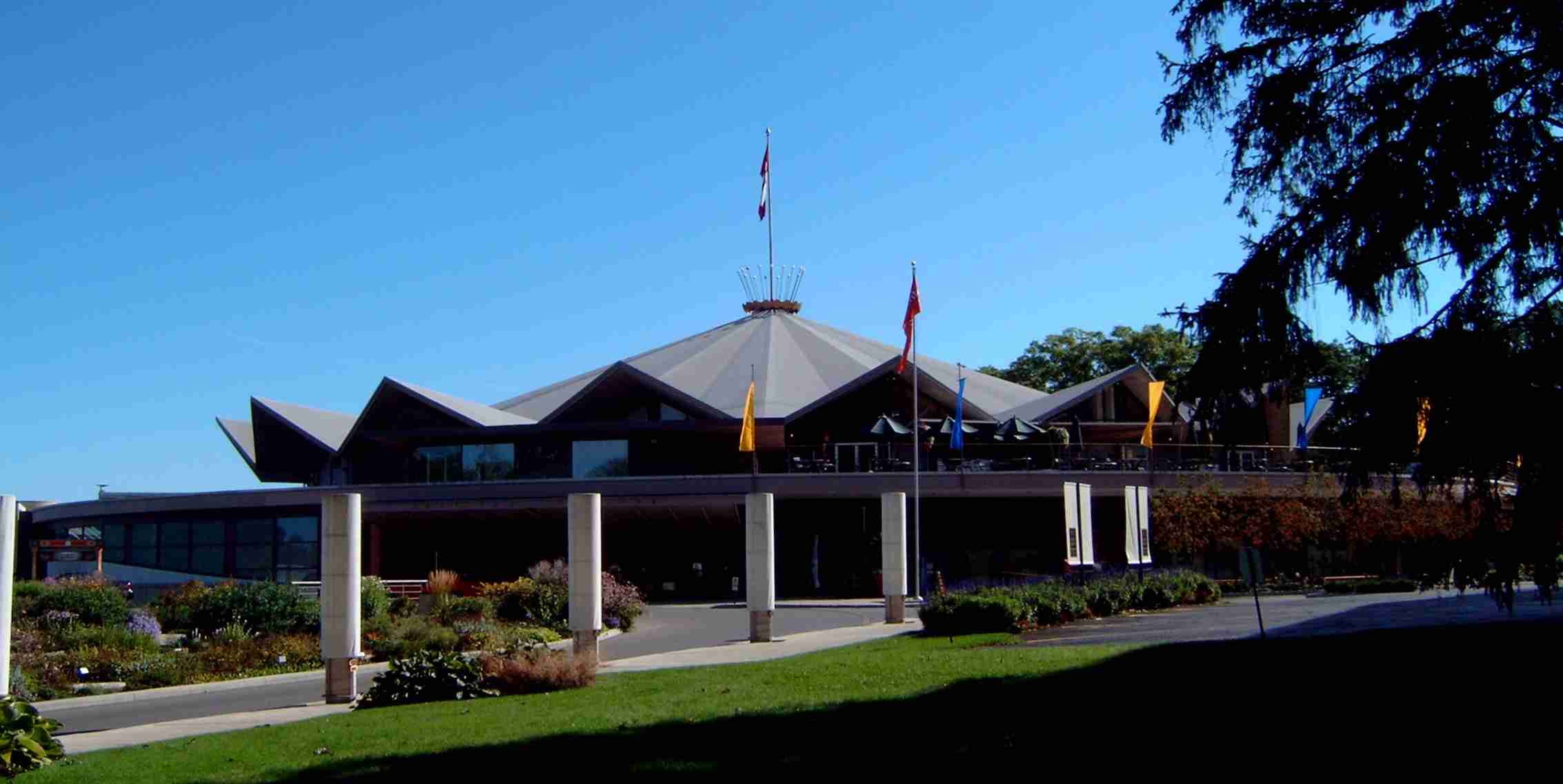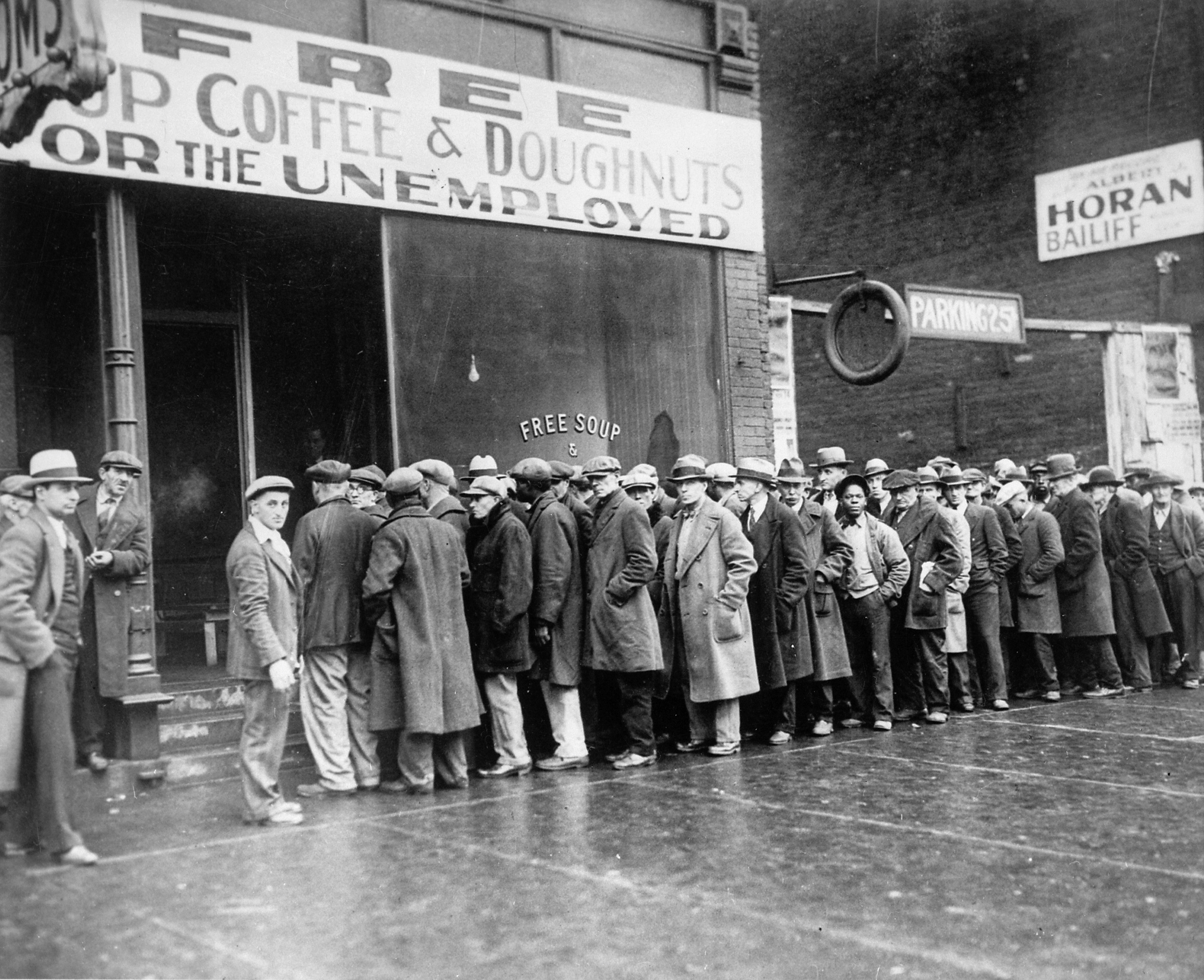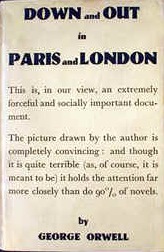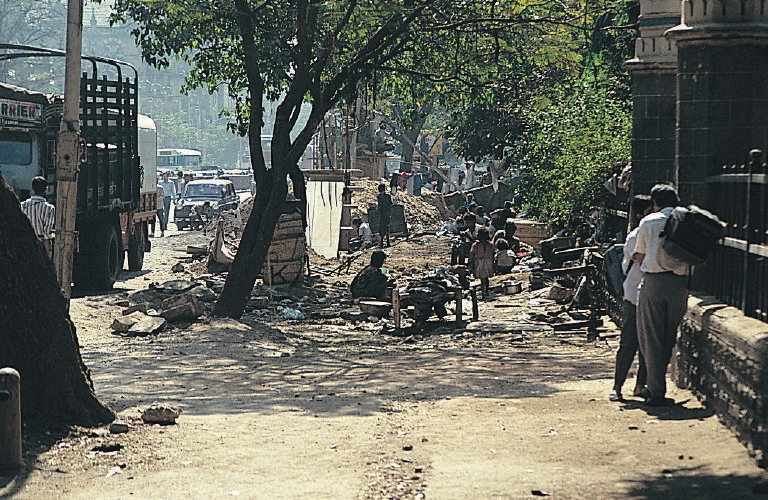Dorchester Prison, Dorset, England, Saturday 9 August 1856
A day of drizzle, a crowd of 4, 000 people of all ages gathered to watch a woman swing from a prison scaffold.
Before the gallows, Martha was counselled by the Reverend Clementson, the prison chaplain, so she faced her death composed.
Elizabeth Martha Brown had been convicted of the wilful murder of her husband.
Brown smashed her husband´s skull with an axe, after finding him in bed with another woman and after arguing he returned drunk and attacked her. (5 July 1856)
She did not shed a tear.
She was resigned to her fate, walking with firm steps up the flight of 11 steps.
She wore a long black silk dress.
Her arms were pinioned behind her back.
A white cloth was placed over her face, but as it began to rain, her face became visible, her features visible beneath the hood.

“I remember what a fine figure she showed against the sky as she hung in the misty rain and how the tight black silk gown set off her shape as she wheeled half-round and back.”
(Thomas Hardy, 16, witness / architect´s apprentice)
For Brown, convicted of killing her husband after he attacked her with a whip, it was the end.
Hardy was deeply affected by the death of Brown.
“Witnessing the sentence being carried out gave a tinge of bitterness and gloom to Thomas´ life´s work.” (Florence Hardy, widow)
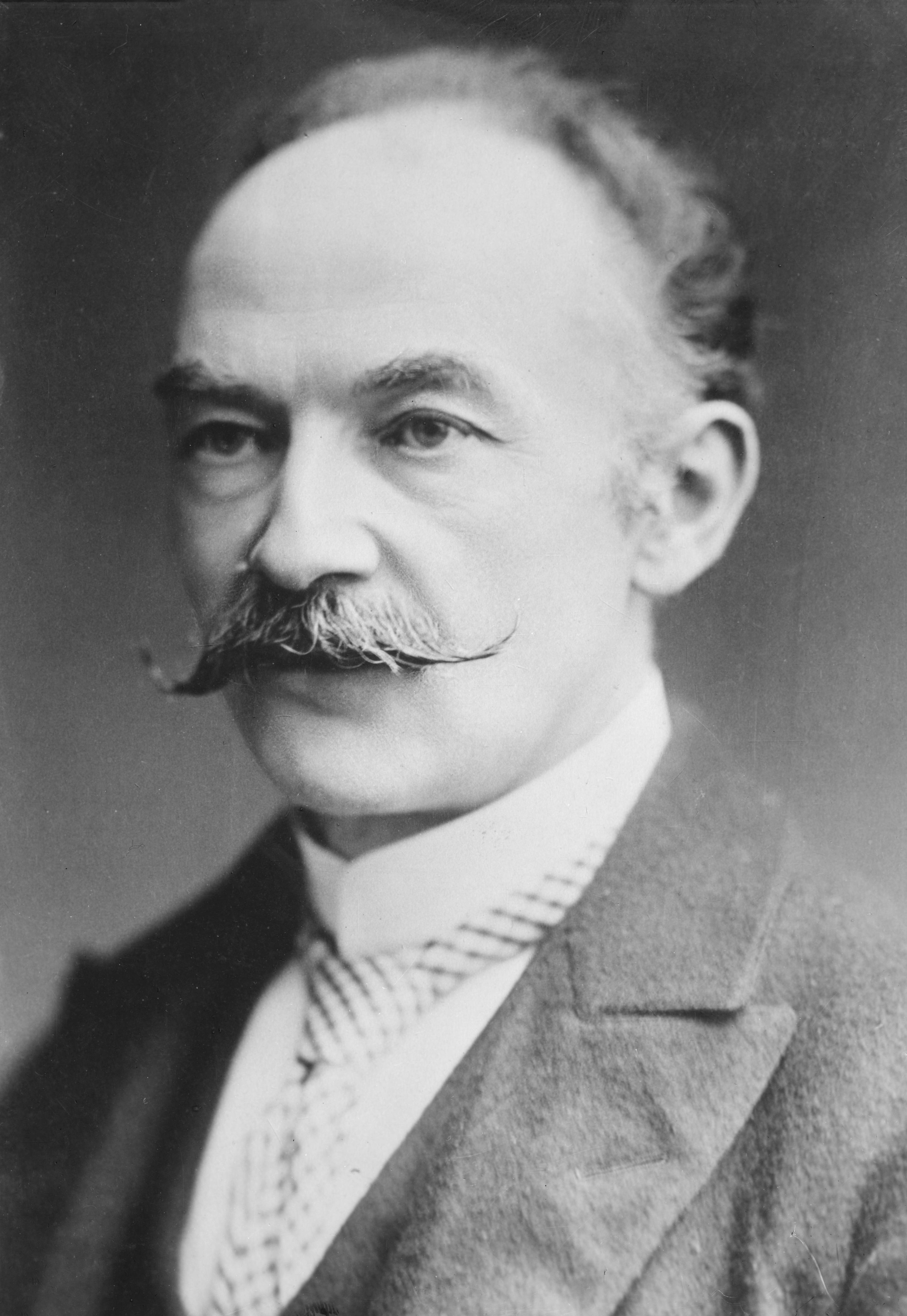
Later he would write of his shame at the behaviour of his younger self.
“My only excuse was that I was but a youth and had to be in town at that time for other reasons.” (Thomas Hardy, 1926)
40 years after the execution, Hardy would give Brown new life as the tragic heroine of his novel, Tess of the d´ Ubervilles.

In the novel, Tess murders her violent partner so she can be with the man she loves, but is caught and executed in a manner inspired by Brown.
Now, beneath the grounds of the old Victorian prison in Dorchester that housed Brown for her final days, archaeologists say they may have found her body.
Dorchester Prison closed in 2013 and was sold to developers who are building 190 homes on its site.
As part of the construction work, archaeologists were brought in to search for anything of historical significance.
While digging a trench they came across human remains, at a place that coincides with the marked burial place for executed prisoners.
Since records show that only 8 prisoners ended up in the plot and only one of them was a woman, Brown should be easy to identify.
(The Times, 20 February 2016)

17 July 1967, Newport Folk Festival
Singer-songwriter Arlo Guthrie performs his talking blues, folk music, satirical, first-person account, Alice´s Restaurant Massacree, based on a true incident from his life that began on Thanksgiving Day 1965 with a citation for littering and ended with the refusal of the US Army to draft him because of his conviction for that crime.
“Now, friends, there was only one or two things that Obie (Stockbridge Chief of Police William Obanhein) could have done at the police station.
The first was he could have given us a medal for being so brave and honest on the telephone (Guthrie confessed on the phone that he had dumped a load of garbage over a cliff off the side of a road.), which wasn´t very likely and we didn´t expect it.
And the other thing was he could have bawled us out and told us never to be seen driving garbage around the vicinity again, which is what we expected.
But when we got to the police station, there was a third possibility that we hadn´t even counted upon, and we was both immediately arrested, handcuffed.”
The ironic punchline of the story is that…
“I went over to the Sargeant and said:
“Sargeant, you got a lot of damn gall to ask me if I´ve rehabilitated myself. I mean I´m sitting here on the bench, here on the Group W bench, because you want to know if I´m moral enough to join the Army, burn women, kids, houses and villages, after bein´ a litterbug.”
For me, Guthrie´s following words I can relate to:
“And the only reason I´m singing this song now is because you may know somebody in a similar situation, or you may be in a similar situation, and if you´re in a situation like that, there´s only one thing you can do…”
Landschlacht, Switzerland, 25 June 2016
Now I, like many folks, have a fascination and a curiosity about prisons and prison life.
At first, like most folks, my interest was detached, distant.
I preferred to read literature or see films about the prison experience.
I have seen and collected films about life in prison, some memorable, others not so much.
To name some of the few I have collected: Brubaker, Escape from Alcatraz, Con Air, Faceoff, Get the Gringo, Goodfellas, The Green Mile, Papillon, The Rock, Shawshank Redemption…
It is a rare TV series that doesn´t have its main characters briefly incarcerated.
And TV series have developed about prison life: Arrested Development, Maximum Security, Orange Is the New Black, Prison Break…
And reality TV has evolved beyond this concrete jungle behind bars…
Clark County Jail, Indiana, 15 March 2016
When Jamie Noel became Sheriff, he promised to reform the local jail.
“The inmates were running the facility. People were getting arrested just because drugs were cheaper in jail.”
Noel´s solution?
He decided to stage a reality TV show, 60 Days In.

The jail´s cameras were upgraded to allow for broadcast worthy footage.
Prisoners were told that a “documentary” was being filmed which would explain the camera crew ranging through the jail.
A & E Networks, a channel that delights in staging reality TV shows, was promised an entertaining series about life on the inside.
Noel looked forward to a fully funded undercover operation to expose corruption and drug trafficking in his prison.
Seven civilian contestants were brought in, all supposedly serving three months´ hard time.
Among them was a primary school teacher (He hoped to bring back important life lessons for his students.), a housewife (concerned that jail was “too cushy”), a Marine named Zac (who felt that jail would be easier than his time in Afghanistan where “if you woke up in the morning and you went to sleep at night with the same number of fingers and toes you had a good day” and hoped to work for the DEA), and a social worker / the eldest daughter of Muhammed Ali (interested in understanding why recidivism – repeat offenders – rates are so high).
Only Sheriff Noel and two senior staff members knew who were and who were not real inmates.
Other undercover operations failed because the undercover officers did not like to “rat on other officers” and “inmates won´t snitch on each other”, but seven civilians, from all walks of life, would be free to offer the unvarnished truth.
Noel thought thal the contestants could help to expose what was wrong with his jail.
“I felt I needed to see things from a different perspective. It´s almost impossible to get an unbiased look at what´s working and what´s not.”
At least one piece of intelligence from the show is said to have led to criminal charges.
(The Times, 15 March 2016)
Landschlacht, Switzerland, 25 June 2016
I have read and collected accounts of prison life from Jeffrey Archer (A Prison Diary), Mikhail Khodorkovsky (My Fellow Prisoners), Leonard Peltier (Prison Writings), Jacobo Timerman (Prisoner without a Name, Cell without a Number), and Mary Tyler (My Years in an Indian Prison).
In fact incarceration and literature are so intertwined with one another that it even has its own literary genre called “prison literature” which is defined as “literature that is written while the author is confined in a location against his will”.
“The literature can be about prison, informed or inspired by it, or simply coincidentally written while in prison.
It can be a memoir, non-fiction or fiction.” (Wikipedia)
The list of prison writers is quite extensive.
Just to name a few: Boethius, Marco Polo, Miguel de Cervantes, Sir Walter Raleigh, John Bunyan, Martin Luther, Marquis de Sade, Napoleon Bonaparte, Fyodor Doestoevsky, Oscar Wilde, e.e. cummings, Adolf Hitler, Jean Genet, William Stanley Porter (better known as O. Henry), Nelson Mandela, Donald Lowrie, Malcolm X, Jack London…
Prison literature reveals the brutality of life behind bars, and, for many, a glimpse into a world of the unknown, the fascinating.
Now much like the seven civilians of 60 Days In or actors who have portrayed prisoners in their career roles, I realised there existed a streak in my character of curiosity about life in the inside – a case of wanting to do the time without committing a crime.
And I discovered that this fascination was not unique to myself.
At the start of the 21st century, the United States had an incarceration rate of 2,000,000 people, taking the lead with the highest imprisonment rate worldwide. (Wikipedia)
One in ten Russian men pass through prison at some point in their lives. (Mikhail Khodorkovsky, My Fellow Prisoners)
Russia has never really been perceived as a bastion of freedom, but can these things really happen in prosperous freedom-loving America?
This America, this democratic haven, this land of liberty, its incarceration rate is a challenge to everything the nation was founded on, to everything it claims to represent.
Prison is a nasty, brutish life – a life the authorities would rather we not know about, a life so far from conventional existence that the accounts seem unbelievable.
We tend to forget that what happens inside prison walls inevitably reflects the society outside.
Or put another way: Wherever we go, there we are.
So, if prison reflects who we really are, under the skin of civilisation and conformity and proper etiquette, then prison helps us discover our hidden selves, our dark natures.
But, for the grace of God, we could be criminals, prisoners, ourselves.
At the Landschlacht train station last week, a neighbour commented to me on how the extremes of nature bring out the voyeurs who wanted to see firsthand the damages that nature can wrought.
Many people, including my neighbour and my wife, have walked along the shore of Lake Constance to witness the flooding that the recent neverending rainy weather has caused.
And notice how people will gather and gawk at a traffic accident…not to offer assistance or get involved but rather to stare at this unexpected incident as if being in its presence will somehow enhance our own life experiences.
My neighbour labelled this phenomenon “disaster tourism“.
Under this disaster tourism theme one can also find the concept of prison tourism.
In the posts that follow I will relate my experiences as prison tourist, prison tour guide and prisoner…
